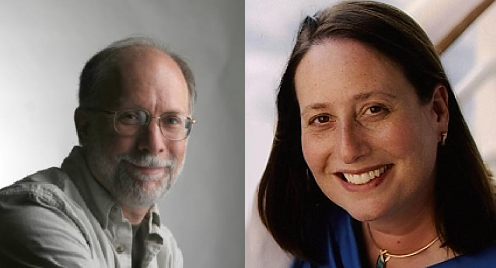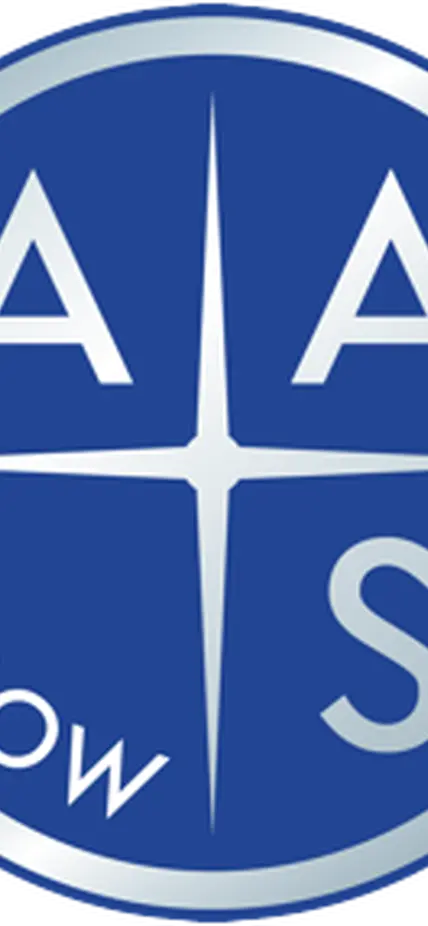Washington, DC— Carnegie astronomers Stephen Shectman and Alycia Weinberger were selected for the inaugural class of Fellows of the American Astronomical Society in recognition of their “extraordinary achievement and service” to the field.
The newly established accolade will honor members of the organization for original research, innovative technique and instrumentation development, significant public outreach and educational efforts, and other noteworthy contributions to the society. To launch the program, the AAS selected 200 “legacy” fellows, including Shectman and Weinberger. Carnegie trustee Sandra Faber of UC Santa Cruz and former-Observatories Director Wendy Freeman, now at University of Chicago, were also part of this highly decorated group.
Shectman was the lead scientist on the project that designed and built the twin Magellan telescopes at Carnegie’s Las Campanas Observatory in Chile. He also developed several of the sophisticated spectroscopic instruments in use on the telescopes at Las Campanas and elsewhere.
 “Steve’s contributions have ensured Carnegie’s ongoing position at the forefront of astronomical research,” said Observatories Director John Mulchaey. “This recognition is well deserved, and we hope to have more Carnegie representatives selected for the honor going forward.”
“Steve’s contributions have ensured Carnegie’s ongoing position at the forefront of astronomical research,” said Observatories Director John Mulchaey. “This recognition is well deserved, and we hope to have more Carnegie representatives selected for the honor going forward.”
Weinberger, whom the society recognized in 2000 with its Annie Jump Cannon Award for outstanding postdoctoral research by a woman, works to elucidate the conditions for planet formation. At Carnegie’s Earth and Planets Laboratory, she specializes in studying the disks of rotating gas and dust that surround young stars from which planets are formed and evolve. She is also involved in planning for the scientific future of the Giant Magellan Telescope, which is under construction at Las Campanas.
“Alycia is continually advancing our understanding of the processes that control planet formation around other stars, arguably the hottest area of investigation in all of astronomy, and she’s also very involved with planning for the next generation of telescopes as well as an advocate for women in science and STEM education,” said Earth and Planets Laboratory Director Richard Carlson. “We are so pleased to have Carnegie research recognized in this inaugural class of fellows.”
Going forward, there will be an annual call for nominations and each new class will be inducted during the prize ceremony at the society’s annual meeting in January.
“Our members were missing out on the opportunity to not only celebrate the accomplishments of individual astronomers, but also the success of the field more generally,” said AAS President Megan Donahue in a statement. “The AAS Fellows program will increase the visibility and prestige of astronomy within our organizations.”
